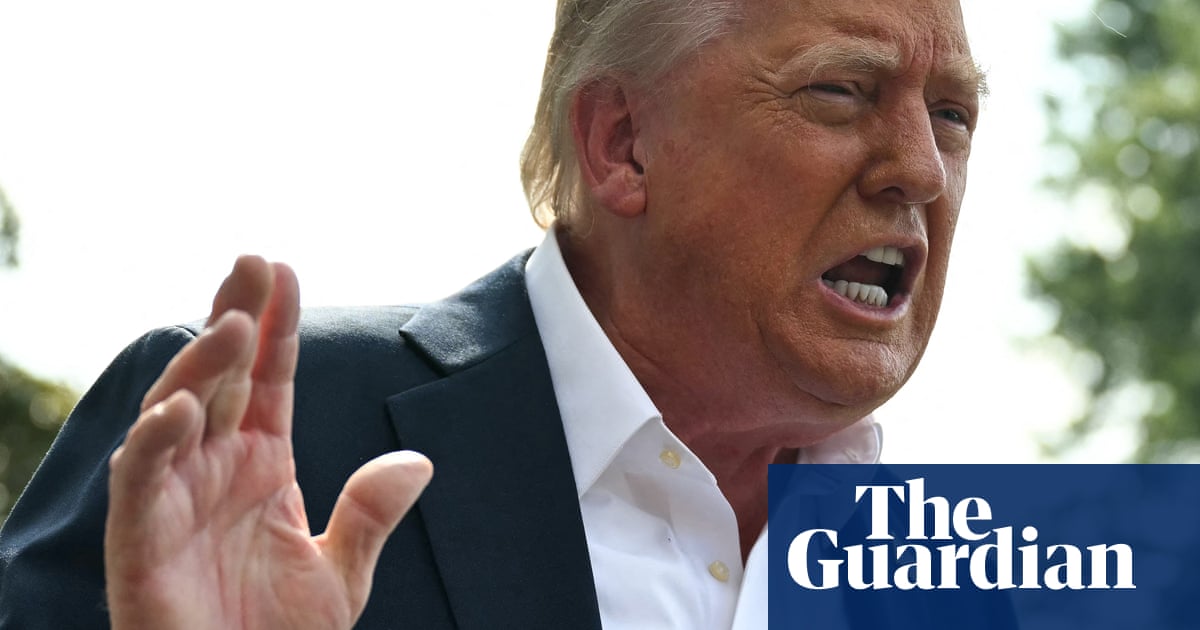 |
|
The article details a significant shift in the European Union's approach to trade negotiations with the United States, triggered by Donald Trump's threat of imposing a 30% tariff on EU goods. Initially, Brussels adopted a firm stance, leveraging its economic power as a major trading partner of the US and openly criticizing the perceived weakness of the UK's trade deals. EU officials even vowed never to accept a deal as limited as the one secured by the UK, which focused on specific sectors like cars, beef, plane parts, and ethanol. They characterized their desired outcome as somewhere between the relatively straightforward “rollover” deal agreed to by the UK and the more contentious approach taken by China. The EU's initial strategy involved potentially targeting US tech giants like X (formerly Twitter), Google, and Microsoft with taxes on their services, in addition to traditional trade war targets such as cars and alcohol. The article highlighted the EU's commitment to upholding the international rules-based system, with diplomats expressing concerns about the potential erosion of employment rights, free speech, social welfare, and public care if the EU failed to stand up to Trump's demands and defend the established norms. This aggressive posture reflected a determination to safeguard European interests and resist what was perceived as unfair pressure from the United States.
However, a significant change occurred in the EU's negotiating position in response to growing concerns about European security, particularly in the context of the Russia-Ukraine war. The NATO summit in mid-June served as a wake-up call, revealing the EU's vulnerability and its dependence on the US for defense. Diplomats conceded that the EU would need five to ten years to develop the necessary military capabilities, including aircraft, missiles, and intelligence resources, to adequately defend itself against a potential military attack. This realization prompted a strategic shift, with the EU prioritizing security over trade considerations. Consequently, the EU softened its stance and offered a 'bare bones' deal to the US, similar to the one accepted by the UK. This proposal involved seeking relief from the 27.5% tax on car exports and the 50% import duties on steel in exchange for a 10% tariff on most imports. The EU hoped that this concession would be enough to appease Trump and secure continued US support for Ukraine. Some diplomats expressed discomfort with the perceived obsequiousness shown towards the US president, but acknowledged that securing US weapons supplies for Ukraine was the primary objective. They recognized that unlike Japan, which is relatively self-sufficient in terms of defense, the EU relies heavily on the US for its security.
The article emphasizes the complex and interconnected nature of EU-US relations, highlighting the trade negotiations as just one facet of a broader strategic partnership that encompasses security and defense. A diplomat in Brussels acknowledged the extreme difficulty of the negotiations, emphasizing the need to consider both the short-term and long-term implications of any agreement. The EU's approach reflects a balancing act between the immediate pain of conceding to US demands and the potential long-term consequences of a trade war or a breakdown in security cooperation. The diplomat noted that the EU, as an institution, is constantly striving to find the right balance between inflicting pain on itself in the short term and avoiding greater pain in the long term. Even the initial deal that the EU hoped for was described by diplomats as a major concession. The situation took another unexpected turn with Trump's renewed threat of imposing a 30% tariff, which would almost certainly trigger a trade war. Even a 15% tariff would be difficult for EU businesses to absorb. This development has prompted calls from France and other member states to revert to a more aggressive negotiating strategy. The article concludes by noting that trade ministers are scheduled to meet in Brussels to discuss the situation and decide on a course of action, as the current pause on retaliatory tariffs against the US is set to expire shortly.
Source: EU will be reeling over how to tackle trade talks after Trump’s 30% tariff threat
